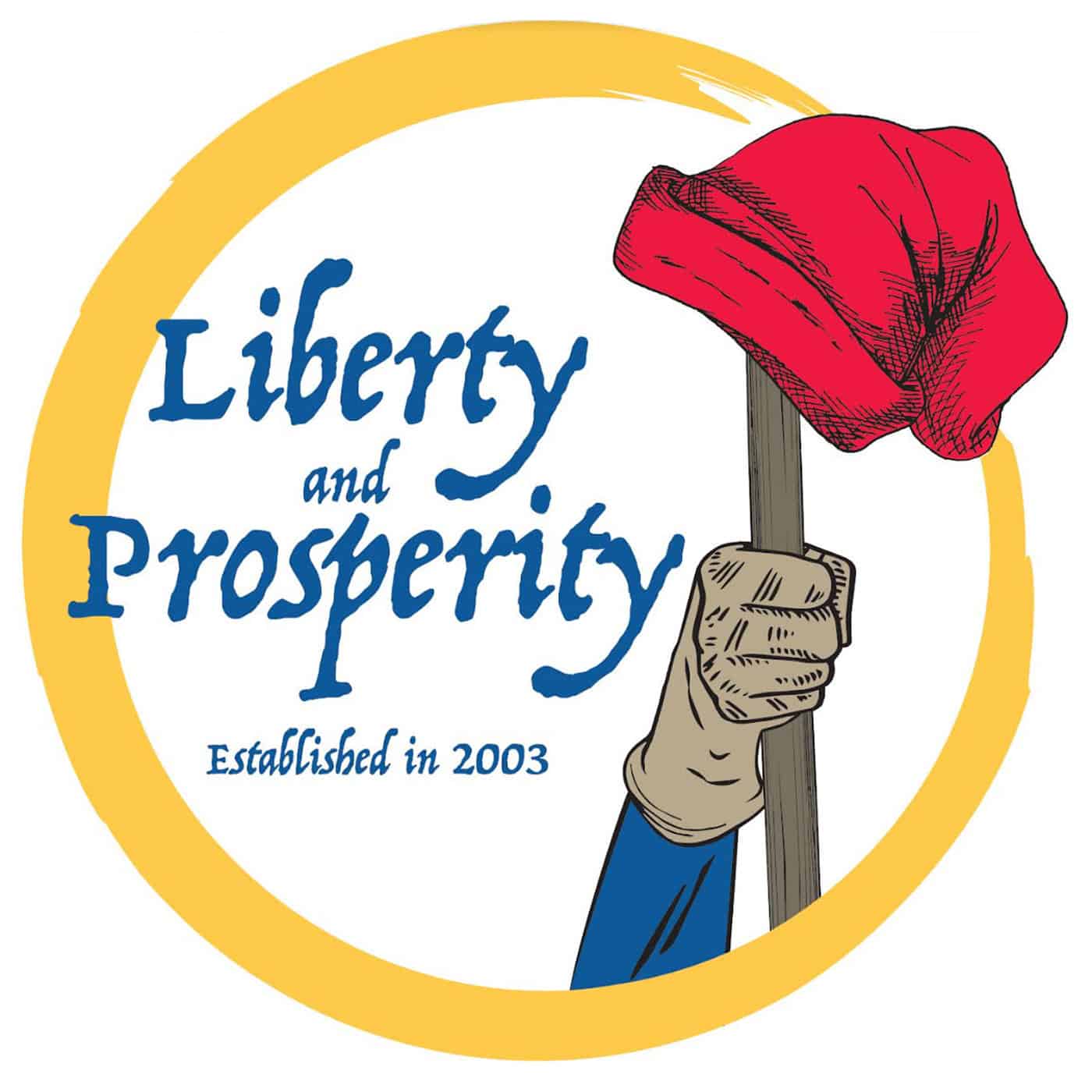Mexico’s judicial independence was dealt a major blow yesterday following the passage of a constitutional amendment on the eve of the country’s independence day anniversary. Exactly 214 years ago, father of Mexico Miguel Hidalgo y Costilla issued the “Grito de Dolores,” touching off a decade-long war that would end in the country’s separation from Spain and the creation of a national constitution guaranteeing the separation of powers. In the years since, Mexico has adopted two more constitutions, each providing for an independent and appointed judiciary of qualified members experienced in law.[1][2]
This latest constitutional amendment scraps those safeguards, giving voters the ability to elect judges and removing some eligibility requirements.[3] Backed by President Andrés Manuel López Obrador, founder of the ruling left-wing party Morena, the campaign to overhaul Mexico’s judiciary is more than a year in the making. Ever since the Supreme Court blocked electoral reforms the president unconstitutionally attempted to push through Congress last year, López Obrador has been on a mission to limit the judiciary’s power and remove an important check on his rule.[4][5][6]
The president, whose party controls both houses of Congress, claims the reform is needed to eliminate corruption and nepotism from the judiciary’s ranks, particularly amid cratering public trust in the institution and soaring crime rates. López Obrador and his successor, President-elect and Morena acolyte Claudia Sheinbaum, have proposed the constitutional amendment as a panacea of sorts — a win for democracy that will make the judiciary more accountable to the people.[7]
How does this undermine justice and the rule of law?
The constitutional makeover is not without its share of critics. Both legal experts and laymen have lambasted López Obrador, who himself has been accused of corruption and colluding with drug cartels, and characterized the amendment as a naked power grab and an attempt to consolidate one-party rule.[8] Their chief concern is that the amendment removes an important pillar of the judiciary’s independence and erodes the rule of law by politicizing what ought to be an impartial body.[9]
Alexander Hamilton explains the importance of an independent judiciary in The Federalist Papers:
This independence of the judges is equally requisite to guard the Constitution and the rights of individuals from the effects of those ill humors, which the arts of designing men, or the influence of particular conjunctures, sometimes disseminate among the people themselves, and which, though they speedily give place to better information, and more deliberate reflection, have a tendency, in the meantime, to occasion dangerous innovations in the government, and serious oppressions of the minor party in the community.[10]
Hamilton continues, underscoring the dangers of entrusting the people with the power to appoint judges, in which there would be “too great a disposition to consult popularity, to justify a reliance that nothing would be consulted but the Constitution and the laws.” [11]
This is precisely what has worried opponents of the constitutional amendment. Some have expressed concern that the elections will be more susceptible to outside influences, including from the country’s drug cartels. Others note that voters may face a near-impossible task in next year’s elections of reviewing thousands of candidates about whom they know little to nothing.[12]
The dangers of absolute democracy
Last month, U.S. Ambassador to Mexico Ken Salazar issued a statement outlining several issues he had with López Obrador’s judicial reforms. He cited their potential to exacerbate corruption, undermine judicial independence, fuel political instability, and sap investor confidence. This echoes many of the gripes Mexicans have expressed. What is more surprising is the ambassador’s belief that “popular direct election of judges is a major risk to the functioning of Mexico’s democracy.”[13]
To the contrary, the popular election of judges is a step in the direction of more democracy. The ambassador is right to be concerned about this, but he completely misdiagnoses the problem. Rather, it is absolute democracy that poses risks to Mexico’s once-independent judiciary, its republican form of government, separation of powers, and checks and balances. By turning the appointment of judges into a popularity contest, López Obrador has politicized the judiciary and undermined the rule of law. This is especially dangerous at a time when his party is dominating the political scene, will control the executive for at least six more years, and will maintain a plurality of seats in Congress for the foreseeable future.
Hamilton’s fear of “those ill humors” that can lead to “serious oppressions of the minor party in the community” is not misplaced, as I discussed last week. Those who love liberty in the United States should not dismiss what is happening in Mexico. Our southern neighbor offers a valuable lesson on the perils of absolute democracy and the abuses of unscrupulous politicians who make flashy but empty promises. We would do well to heed it.
[1] H. P. N. Gammel, “ Constitutive Acts of the Mexican Federation 21 of January, 1824, Also Federal Constitution of the United Mexican States October 4, 1824,” Laws of Texas (The Gammel Book Company, 1898), https://tarltonapps.law.utexas.edu/imgs/constitutions/documents/mexican1824_english/mexican1824_english.pdf.
[2] H. N. Branch, “The Mexican Constitution of 1917 Compared with the Constitution of 1857,” JSTOR (The American Academy of Political and Social Science, 1917), https://ia801906.us.archive.org/10/items/jstor-1013370/1013370.pdf.
[3] Elizabeth Melimopoulos, “Mexico’s Obrador Enacts Divisive Judicial Reforms: What Happens Next?,” Al Jazeera (Al Jazeera, September 15, 2024), https://www.aljazeera.com/news/2024/9/15/mexicos-obrador-set-to-enact-divisive-judicial-reforms-what-happens-next.
[4] “Mexican High Court Overturns Reforms Rushed through Congress,” Associated Press (Associated Press, May 8, 2023), https://apnews.com/article/mexico-supreme-court-president-overturned-legislation-e58f48b5bfb217c02573f9604c43c2c8.
[5] “Mexico’s Top Court Again Overrules President on Electoral Reform,” Associated Press (Associated Press, June 22, 2023), https://apnews.com/article/mexico-supreme-court-overturn-president-electoral-law-aae7f6db47d860cf8462ed2997547995.
[6] Emiliano Rodríguez Mega, “Mexican Court Strikes down President’s Bid to Remake Election Laws,” The New York Times (The New York Times, June 22, 2023), https://www.nytimes.com/2023/06/22/world/americas/mexico-electoral-bill-supreme-court.html.
[7] Emiliano Rodríguez Mega, James Wagner, and Alan Yuhas, “Mexico Remakes Its Entire Judicial System as States Back Vast Overhaul,” The New York Times (The New York Times, September 12, 2024), https://www.nytimes.com/2024/09/12/world/americas/mexico-courts-overhaul-states-approve.html.
[8] “Mexico’s President and His Family Are Fighting Claims of Corruption,” The Economist (The Economist, February 8, 2024), https://www.economist.com/the-americas/2024/02/08/mexicos-president-and-his-family-are-fighting-claims-of-corruption.
[9] Emiliano Rodríguez Mega and James Wagner, “Will Electing Judges Make Mexico’s Courts Better, or More Political?,” The New York Times (The New York Times, September 12, 2024), https://www.nytimes.com/2024/09/12/world/americas/mexico-elect-judges.html.
[10] Alexander Hamilton, “The Federalist Papers, No. 78,” The Avalon Project (Yale Law School, Lillian Goldman Law Library, 2008), https://avalon.law.yale.edu/18th_century/fed78.asp.
[11] Ibid.
[12] Rodríguez Mega and Wagner, “Will Electing Judges Make Mexico’s Courts Better, or More Political?”
[13] U.S. Embassy & Consulates in Mexico, “On Mexico’s Judicial Reform Proposal,” August 22, 2024, https://mx.usembassy.gov/on-mexicos-judicial-reform-proposal/#small-call-out-carousel.


